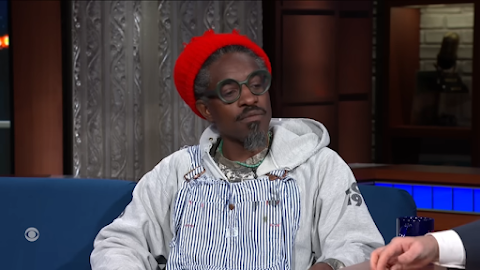California Court Reverses Murder Conviction Due to Rap Video Evidence
California Court Reverses Murder Conviction Due to Rap Video Evidence
A Gang Member's Conviction Overturned
A state appellate court has overturned the murder conviction of a San Bernardino gang member involved in a 2014 drive-by shooting. The court ruled that a rap video featuring the defendant was unfairly prejudicial and should not have been used as evidence in the trial.
New Law Raises Questions
This case marks the first criminal conviction in California to be reversed under a new law that requires judges to carefully consider "forms of creative expression," such as rap videos and lyrics, before allowing them as evidence in court. This law aims to prevent racial bias and prejudice against defendants.
Details of the Case
Travon Rashad Venable Sr., 34, was convicted in 2018 for his involvement in a drive-by shooting that resulted in one death and one injury. Venable was accused of driving the vehicle used in the shooting. His co-defendant, Elgin Johnson, pleaded guilty to voluntary manslaughter.
Potential Impact of the Decision
If this decision stands, it could open up a new way for convictions to be challenged in court. The District Attorney's Office is considering whether to retry the case without the rap video evidence.
Defense Attorney's Perspective
Venable's defense attorney argued that the prosecution's case heavily relied on the rap video, which he believed should not have been admitted as evidence. The video vaguely referenced the shooting but did not directly implicate Venable in the crime.
Effects of the New Law
Assembly Bill 2799, which went into effect in January, requires judges to evaluate specific factors before allowing creative expression as evidence in criminal trials. The court found that the rap video evidence in Venable's case did not meet the standards set by the new law.
Ruling on the Rap Video
The video, created by Venable's brother under the name "Young Trocc," contained explicit language, references to violence, and depictions of illegal activities. While Venable appeared in the video holding a rifle, the lyrics did not directly connect him to the shooting.
The appellate court concluded that the prosecution used the video to link Venable to the crime, despite the lack of concrete evidence. The video was played multiple times during the trial, influencing the jury's perception of the case.

.jpeg)



Comments
Post a Comment